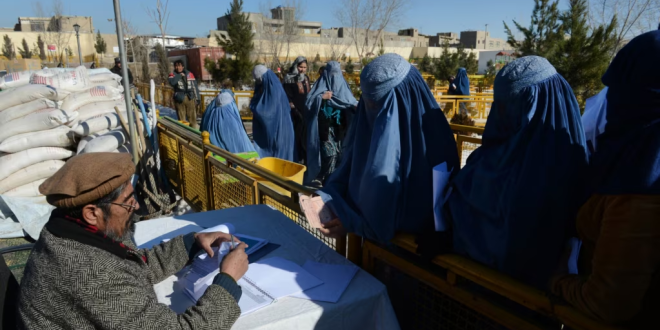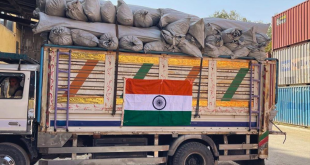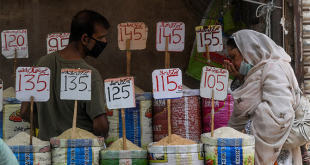AT
Kabul: The United Nations Office for the Coordination of Humanitarian Affairs in Afghanistan (OCHA) has reported that this year, 23.7 million people in the country require humanitarian assistance. OCHA conveyed this message on Sunday (March 10) via X channel, stating that 52% of those in need are women and girls.
Expressing concern for the plight of women and girls in Afghanistan, OCHA appealed to the global community to support them, citing their disproportionate suffering in the country. OCHA further disclosed that in 2023, it provided vital aid to eight million girls and 9.2 million women in Afghanistan.
These appeals for assistance come amid warnings from the World Food Program regarding a reduction in financial aid to Afghanistan. Samir Vanmali, Deputy of the Asia and Pacific department at the World Food Program, emphasized the importance of not forgetting Afghanistan and its people, especially in light of the anticipated decrease in aid for 2024. Vanmali underscored the urgency of directing aid to the most vulnerable populations, particularly women and girls, whether in emergency or non-emergency situations.
Moreover, the Taliban’s imposition of severe restrictions on the work and education of women and girls over the past two and a half years in Afghanistan has exacerbated the situation. These restrictions have affected Afghan women working with UN agencies, as well as domestic and international non-governmental organizations.
Recently, Rina Amiri, the US Special Representative for Women, Girls, and Human Rights in Afghanistan, highlighted the detrimental impact of these work restrictions on the Afghan economy, estimating an annual loss of over one billion dollars. Amiri emphasized that the Taliban’s stringent measures have made all Afghans vulnerable, further exacerbating the humanitarian crisis in the country.
 Afghanistan Times Latest News and Analysis from Afghanistan and the Region
Afghanistan Times Latest News and Analysis from Afghanistan and the Region



